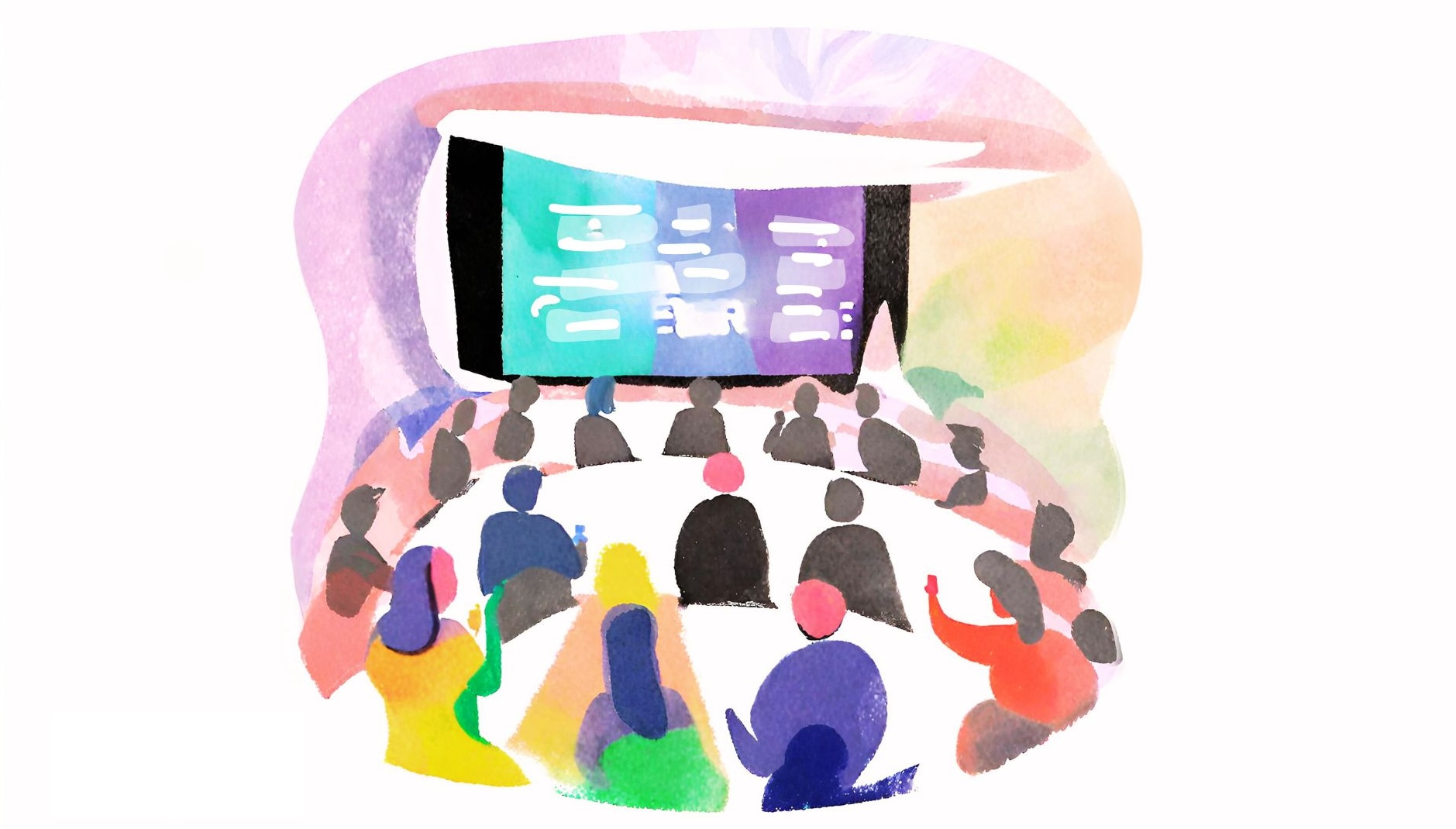What We Learn From Our Losses

By Kevin Kleber, SVP, Creative [Header image credit: Canva]
There’s an interview question I ask job candidates from time to time: “Do you love to win or hate to lose?” It’s a shorthand for figuring out what motivates a potential hire to succeed. Is it the warm glow of victory or the gut wrenching, face burning sting of a loss? (I’m the latter, BTW.)
Both answers are two different sides of the same golden victory coin. It’s just assumed that we’re all in search of the wins. And we are, because it’s the wins that make an agency grow and career flourish.
But are wins the only thing that lead to growth? In an industry fascinated with epic pitch battles with happy endings and elite industry awards, we sometimes forget about the merits of and lessons learned from a good old fashioned a** kicking.
In her leadership book “Wolfpack,” soccer star Abby Wambach recalls that the U.S Women’s National Team kept a photo of their last, heartbreaking loss displayed in their locker room, to keep the memory close.
“We don’t accept it as proof that we’re aren’t worthy of playing at the highest level. Instead, we insist upon remembering. Because we know that the lessons of yesterday’s loss become the fuel for tomorrow’s win,” Wambach wrote.
And so, I asked a few colleagues to pontificate on the idea of loss and see what kind of wisdom they could share about taking the L.
Have Fun at the Funeral
Losing sucks. We all hate it. But getting excited by a brave idea, rallying the team around a risk, and sharing work you’re insanely proud of is one of the best parts of the job—even if the idea never makes it past a deck.
So as you’re moving through the seven stages of creative grief (shock; denial; they-picked-what-idea?!; fiery rage; second-guessing; recovering with whiskey; doing it all again), don’t forget to celebrate. Set up some time, talk about the wins within the loss, the hurdles and how you cleared them, the people you brought along. Memorize the feeling of having fun at work, and letting the idea run the show. Some of my favorite team moments have been after big fails or client losses, all of us fired up by our shared disappointment.
Wins are great, and we all want more of them. But there’s something about sharing a loss that makes you want to go out and get ‘em next time, even more.
Emma Quinn, Creative Director
Even the Largest Boats Gets Stuck in a Canal Sometimes
I once heard someone say, “It doesn’t matter if it’s a dinghy or a yacht, a boat’s gotta float.”
These days, the world is a roiling ocean, churning with change and turmoil. We navigate and innovate to harness these tides of change; we stand ready to smash champagne bottles on the hulls of our ideas. And then… we lose the pitch, the budget, or direction changes—whatever the reason, our vessels full of great ideas sometimes never leave the harbor. Or maybe they do, but your ocean liner of an idea gets carved down into a canoe. Or, it smashes into a hidden reef on departure. The metaphor is thick enough here: not all ships sail across the sea.
But don’t lose heart. Don’t discount the effort it takes to make a boat, move it to the water, get it in the water and then keep it above the water! Make your seaworthy boat and be proud of it!
Betsy Dewitt, Associate Creative Director
Losing Teaches Us Empathy
No one wants to lose. But, in advertising, losing can teach us more than how to be a good loser. It can teach us to dig deeper into why people make the decisions they make. In a pitch, teams spend countless hours focused on solving a clients’ business problem. We brainstorm, strategize, plan, argue, scheme and rehearse the best work and the best version of ourselves.
Now, it’s pitch day. We go in guns blazing. We bring intensity and passion to the presentation and walk out of the room feeling like a million bucks. Then we get the call. We lost this one.
The news usually sends the team into a spiral of questions, what-if sessions, should-haves and could-haves. But, even though this spiral can seem counter-productive, it can teach us something.
When we start asking ourselves posthumous questions, oftentimes we uncover the true character of the client. It allows us to explore the real reasons behind a decision – not only the rational reasons we lost but also the emotional resonance our work conjured, and whether the client dug those feelings. Anytime we can dive deep into those hidden nooks and crannies, we can bring a new level of empathy to our next opportunity.
Rob Neatherlin, Creative Director


